| Structure | Name/CAS No. | Articles |
|---|---|---|
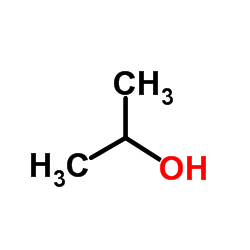 |
Isopropanol
CAS:67-63-0 |
|
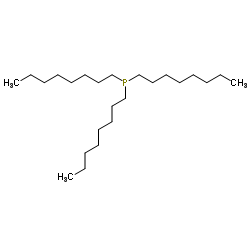 |
Trioctylphosphine
CAS:4731-53-7 |
|
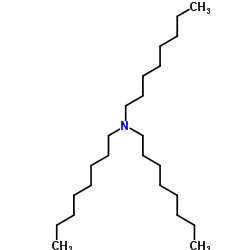 |
Trioctylamine
CAS:1116-76-3 |
|
 |
oleic acid
CAS:112-80-1 |
|
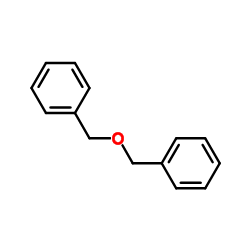 |
Dibenzyl ether
CAS:103-50-4 |
|
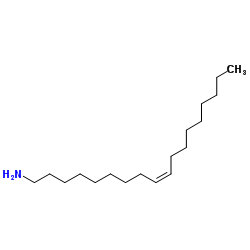 |
Oleylamine
CAS:112-90-3 |